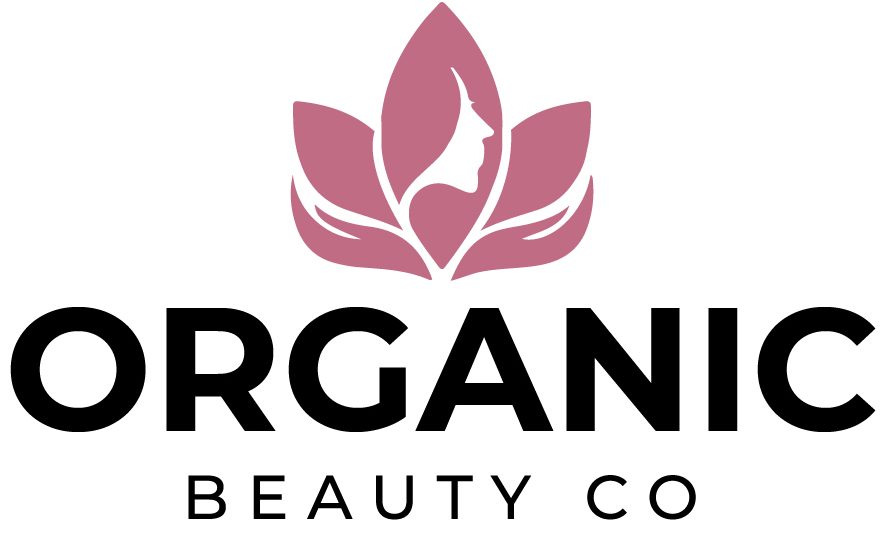In the intersection of spirituality and beauty, an unexpected phenomenon has captured the attention of believers and beauty enthusiasts alike — the Pope’s admiration for contouring tutorials. This revelation, although initially met with surprise, unveils a deeper connection between self-expression, the divine, and the pursuit of inner beauty. As the highest spiritual leader in the Catholic Church, the Pope’s interest in makeup tutorials serves as a unique bridge between tradition and contemporary modes of self-discovery.
Pope Francis, known for his progressive views and inclusive approach to faith, has openly expressed his appreciation for various forms of art and expression. However, it was his unexpected endorsement of contouring tutorials that sparked widespread intrigue. In an era where social media influencers dominate the beauty landscape, the Pope’s acknowledgment of this trend sends a powerful message about the universality of beauty and the inherent desire for self-expression within the human spirit.
At first glance, the Pope’s endorsement may seem incongruous with the solemnity of his role. However, a closer examination reveals a profound understanding of the transformative nature of self-expression and its capacity to deepen the spiritual connection. The act of contouring, a technique commonly associated with enhancing facial features, takes on a symbolic significance in the context of the Pope’s perspective.
For Pope Francis, contouring represents more than just a superficial enhancement of one’s appearance. It becomes a metaphor for the process of self-discovery, the journey of revealing one’s true essence beneath the surface. In his view, the artistry of makeup aligns with the sacred task of uncovering the divine within each individual, emphasizing the inner beauty that transcends physical appearances.
The Pope’s appreciation for contouring tutorials also reflects a broader theme of inclusivity within the Church. By acknowledging and embracing contemporary forms of self-expression, he sends a message that spirituality is not confined to rigid traditions but can evolve alongside the dynamic expressions of the human experience. In doing so, he bridges the gap between the ancient teachings of the Church and the modern pursuit of individuality.
The Pope’s endorsement has inadvertently created a dialogue within the Catholic community about the intersection of faith and personal expression. Congregants, particularly the younger generation, have found a sense of validation in the Pope’s acknowledgment of their diverse modes of self-discovery. This unexpected connection has breathed new life into discussions about the role of tradition in a rapidly changing world.
Contouring, often dismissed as a frivolous pursuit by some, is reframed through the lens of the Pope’s perspective. It becomes a ritualistic act, a form of self-care that fosters a sense of self-love and acceptance. The transformative power of contouring is not merely cosmetic but spiritual, encouraging individuals to embrace their unique features and celebrate the divine within themselves.
This intersection of beauty and spirituality challenges preconceived notions about the compatibility of the two realms. It prompts a reconsideration of the role that self-expression plays in fostering a deeper connection with one’s faith and, by extension, with the divine. The Pope’s endorsement of contouring tutorials serves as a reminder that the pursuit of beauty, in all its forms, can be a sacred and affirming journey.
In the grand tapestry of faith and self-expression, the Pope’s unexpected appreciation for contouring tutorials weaves a new thread. It invites individuals to explore the spiritual dimensions of their own beauty rituals and encourages a more inclusive and compassionate approach to the diverse ways people seek connection with the divine. Ultimately, the Pope’s endorsement underscores the timeless truth that beauty, whether expressed through faith or makeup, has the power to unite and uplift the human spirit.

